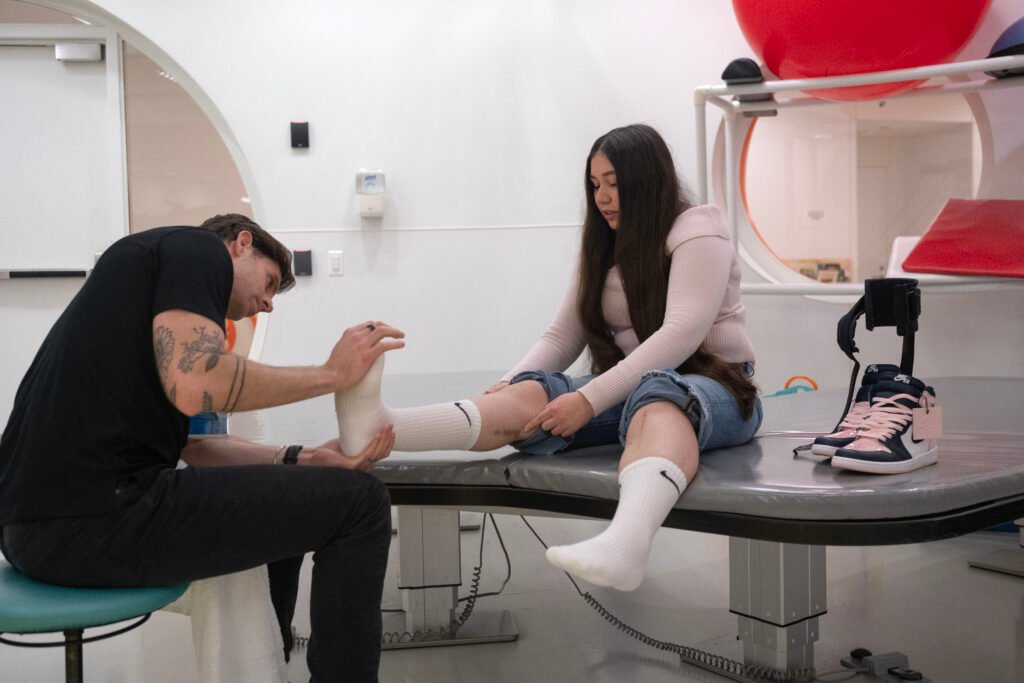Physical therapy is a crucial part of the recovery process for many individuals who have undergone surgeries, suffered injuries, or faced health complications. However, for many Americans, the access to adequate therapy sessions is limited due to rigid caps imposed by health insurers. These caps often restrict the number of sessions to as few as 20 per year, leaving patients in a difficult position where they are unable to fully recover without sufficient therapy.
Patients like Mari Villar, Amy Paulo, and Katie Kriegshauser have all experienced the impact of these caps firsthand. Villar, a teenager who was hit by a car, required extensive therapy but faced denial from her health insurer for additional sessions. Similarly, Paulo had to pay out of pocket for more therapy sessions after maxing out the covered visits due to complications from surgery. Kriegshauser, who suffered organ failure during pregnancy, also found herself in a situation where she couldn’t afford the therapy she needed to regain her strength.
The issue of therapy caps is not only a financial burden on patients but also a hindrance to their recovery. Many insurers argue that these limits help control costs and prevent unnecessary therapy. However, healthcare professionals believe that patients are often not receiving the amount of therapy that would benefit them the most.
While Medicare offers more generous coverage for therapy, individuals with commercial insurance plans continue to face challenges in accessing necessary sessions. Prior authorization requirements, strict documentation criteria, and arbitrary denials are common barriers that patients and therapists have to navigate in order to receive the care they need.
Some states, like Maine, have taken steps to address this issue by implementing laws that limit insurer restrictions on therapy. However, for many individuals across the country, the struggle to access adequate therapy sessions continues.
Overall, the rigid caps on therapy sessions imposed by health insurers are a significant barrier to recovery for many Americans. Without proper access to therapy, patients are left with limited options and are often forced to either pay out of pocket for additional sessions or forego necessary treatment altogether. The need for reform in insurance policies to ensure that patients receive the care they need to fully recover is crucial for improving health outcomes and quality of life.


